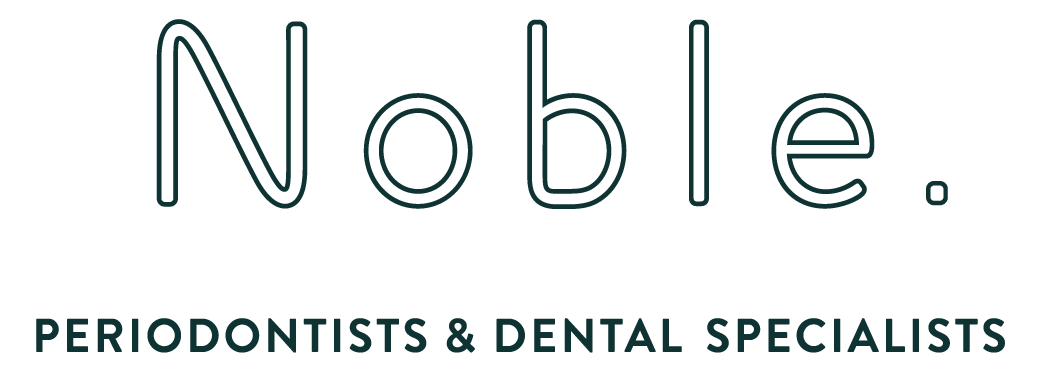What are the alternatives to dental implants for tooth loss?
What alternatives exist to dental implants when you've lost teeth?
Dentures and bridges are the main options, though both have significant limitations compared to implants. New Zealand data shows that over 1.8 million people have had teeth removed, yet many still rely on inferior replacement methods despite better options being available.
Dentures remain the cheapest upfront option for multiple missing teeth. Complete sets cost $2,000-$5,000 in Auckland, making them accessible for tight budgets. However, they restore only 20-25% of natural chewing force and require constant adjustments as your jaw shrinks over time.
Partial dentures work for several missing teeth but come with major drawbacks. They're removable, can break easily, and often feel uncomfortable. Many patients find them embarrassing because they can click or move when talking. Food gets trapped underneath, causing irritation and bad breath.
Dental bridges replace 1-3 missing teeth by anchoring to neighboring teeth. They look natural and function reasonably well. However, bridges require grinding down healthy teeth, permanently damaging them. The procedure is irreversible, and bridges typically last only 10-15 years before needing replacement.
Implant-supported dentures offer a middle ground. Just 2-4 implants can secure full dentures, eliminating slipping while costing less than individual implants for every tooth. Auckland practices offer these from $15,000-$25,000 per arch, providing dramatic improvement over traditional dentures.
Resin-bonded bridges (Maryland bridges) work for front teeth replacement without grinding adjacent teeth. They're less invasive but not as strong as traditional bridges. They're suitable for areas with less chewing force but can debond over time.
Removable partial dentures attach with metal clasps to existing teeth. They're the most affordable option for multiple missing teeth but can damage the teeth they attach to over time. Many patients struggle with the bulk and movement.
Do nothing is also an option, though not recommended. Leaving gaps leads to shifting teeth, bone loss, bite problems, and facial changes. The longer you wait, the more complex and expensive treatment becomes.
The reality is that while alternatives exist, they're all compromises. Implants remain the only option that truly replaces both the tooth and root, maintaining bone health and providing natural function.
Related Questions:
Can I eat normally with dentures? Limited eating ability - dentures provide only 20-25% of natural bite force and many foods remain off-limits.
How often do bridges need replacement? Traditional bridges typically last 10-15 years before requiring replacement due to wear or anchor tooth problems.
Are partial dentures comfortable? Many patients find them bulky and uncomfortable, with frequent complaints about movement and food trapping.
